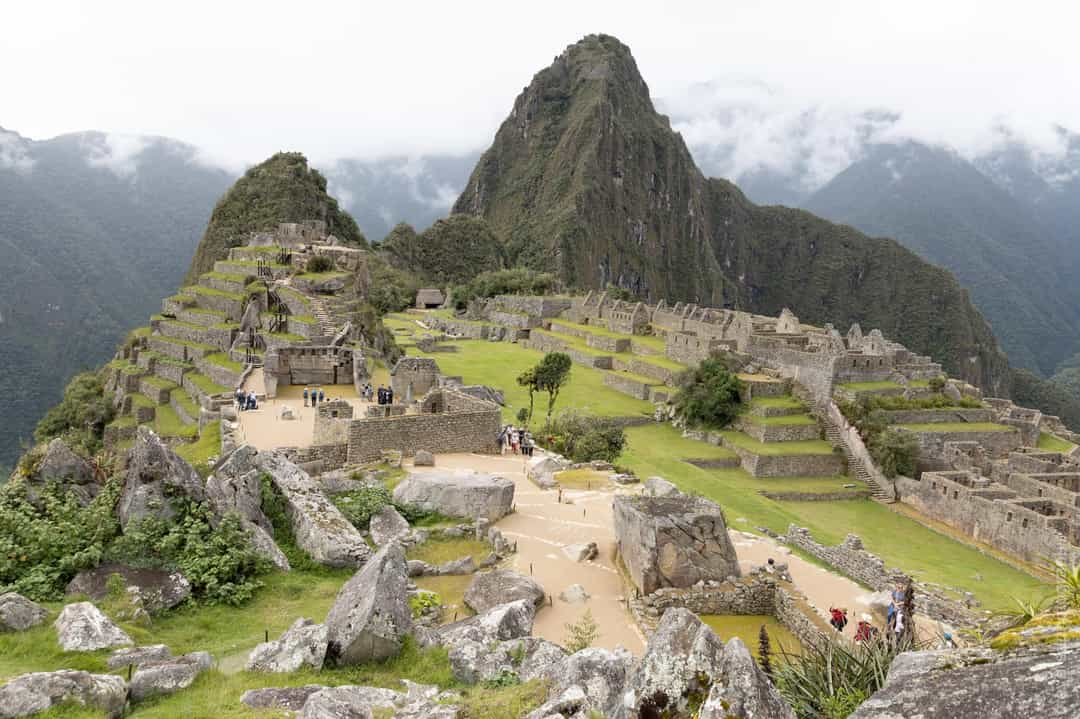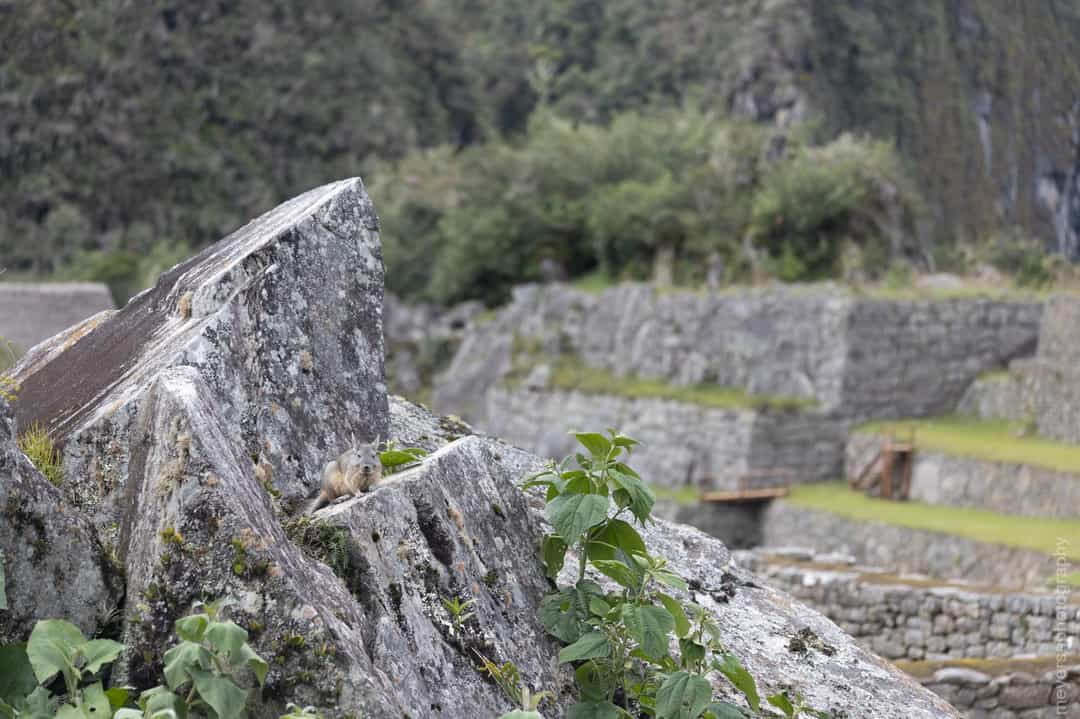Lima
One of the hottest cities I've been to, sitting practically on the equator, it's the only time I've seen a 12 on the UV Index Scale. Miraflores, the upscale district along the cliffs, offered clean streets, parks, and ocean views—definitely a highlight compared to the chaos elsewhere.
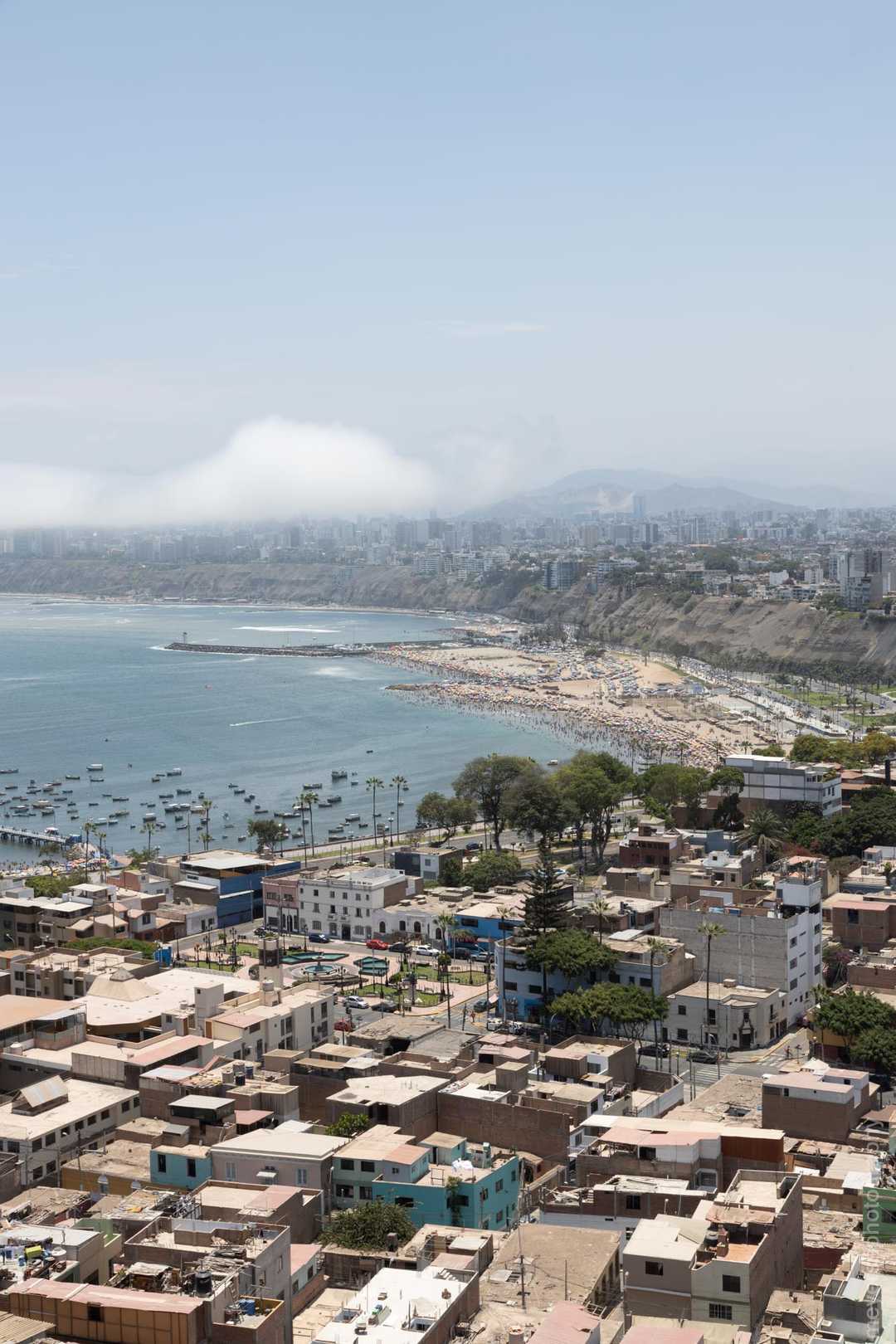
The beaches were packed with tents and vendors trying to avoid the sun.
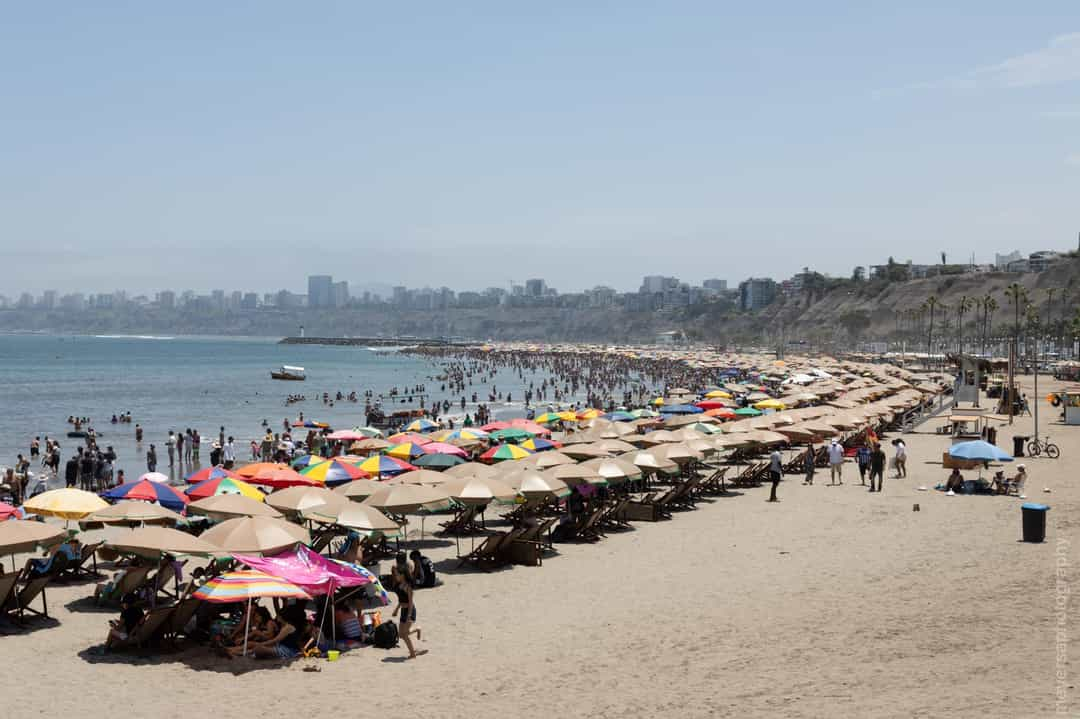
South of the city lies Pachacamac, a significant archaeological site once sacred to pre-Incan civilizations. Over time it was abandoned and, at one point, reduced to a dumping ground before preservation efforts revived its importance.
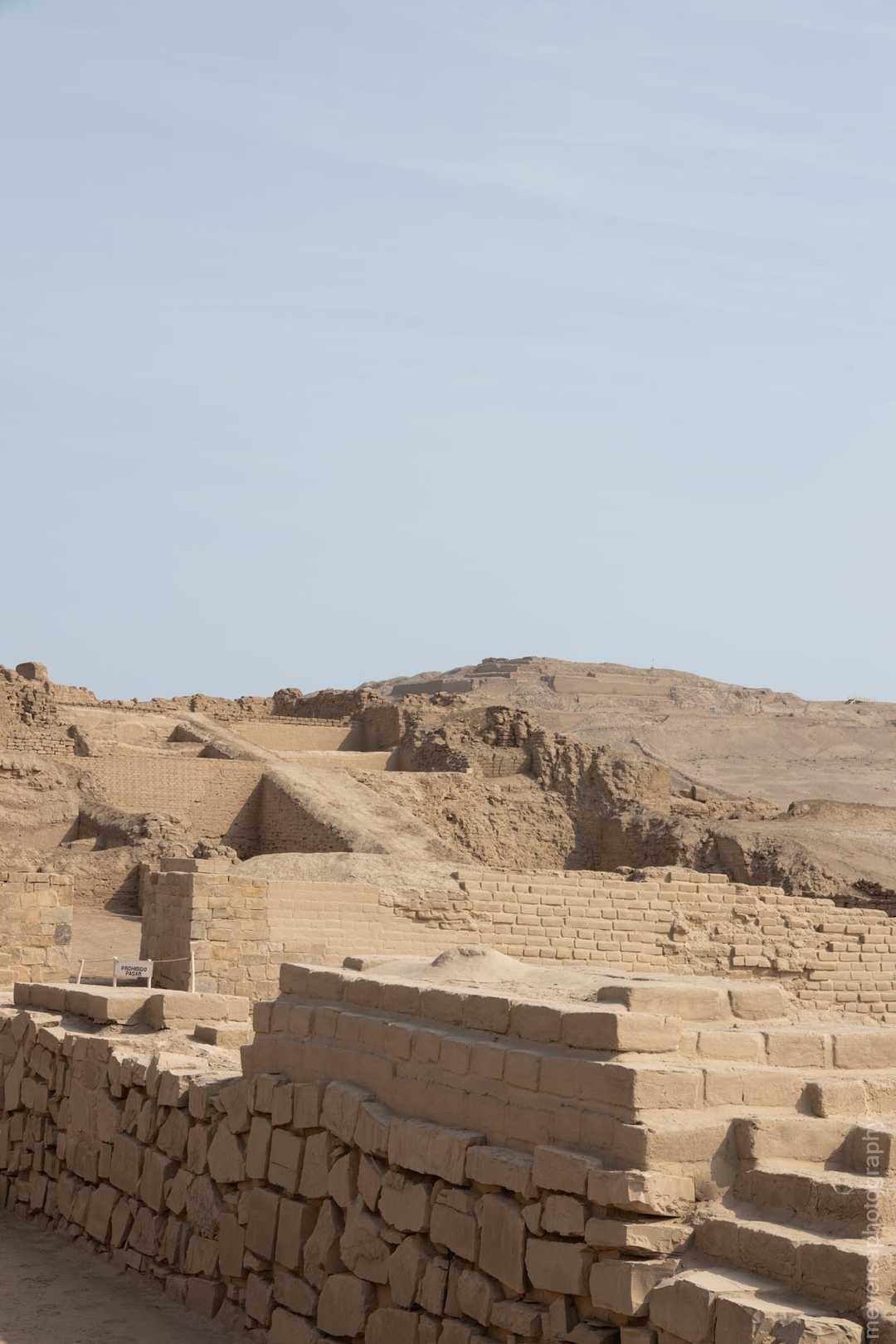
Paracas
Located several hours down the coast, Paracas is a tranquil port town and the primary launching point for tours to the Ballestas Islands. These islands are well known for their massive seabird colonies. The white coating across the rocks is not snow, but guano—a nutrient-rich fertilizer that was once a critical export for Peru.
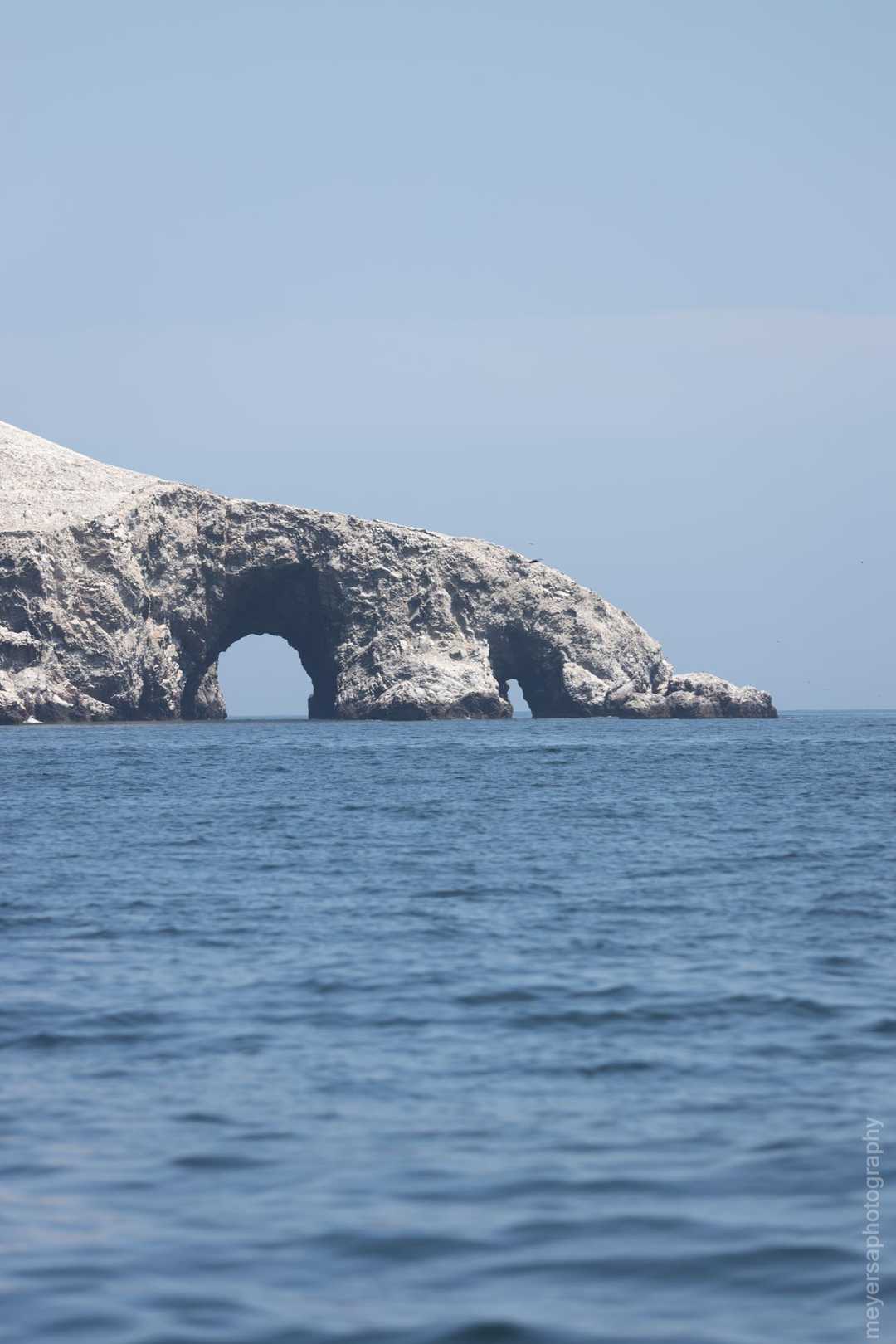
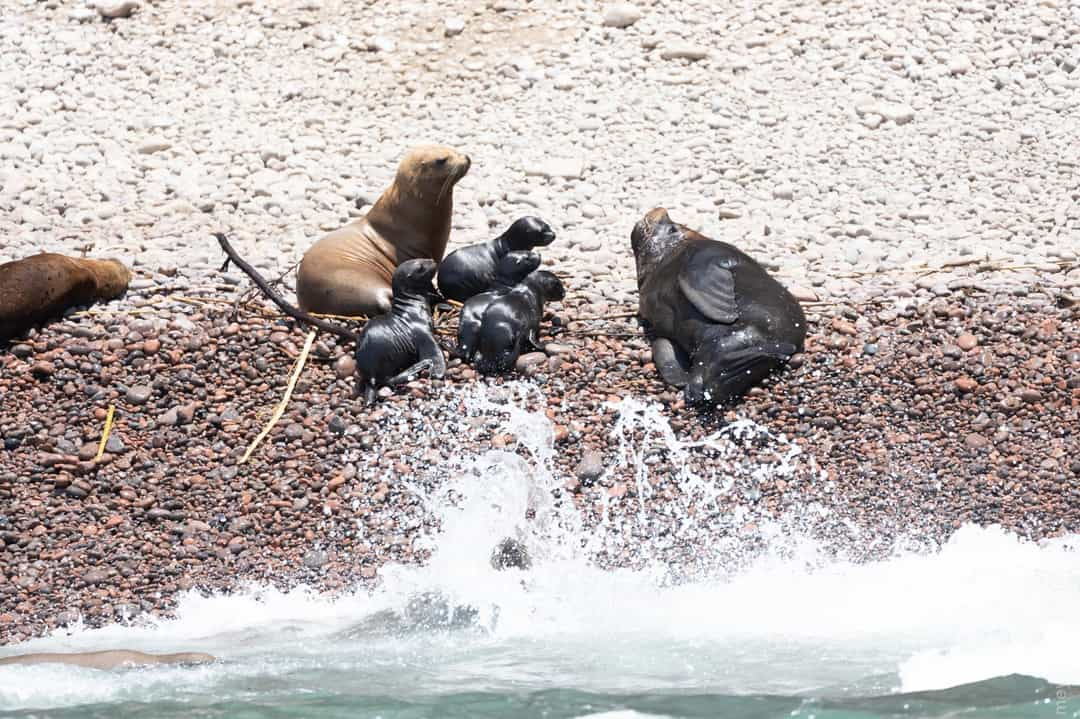
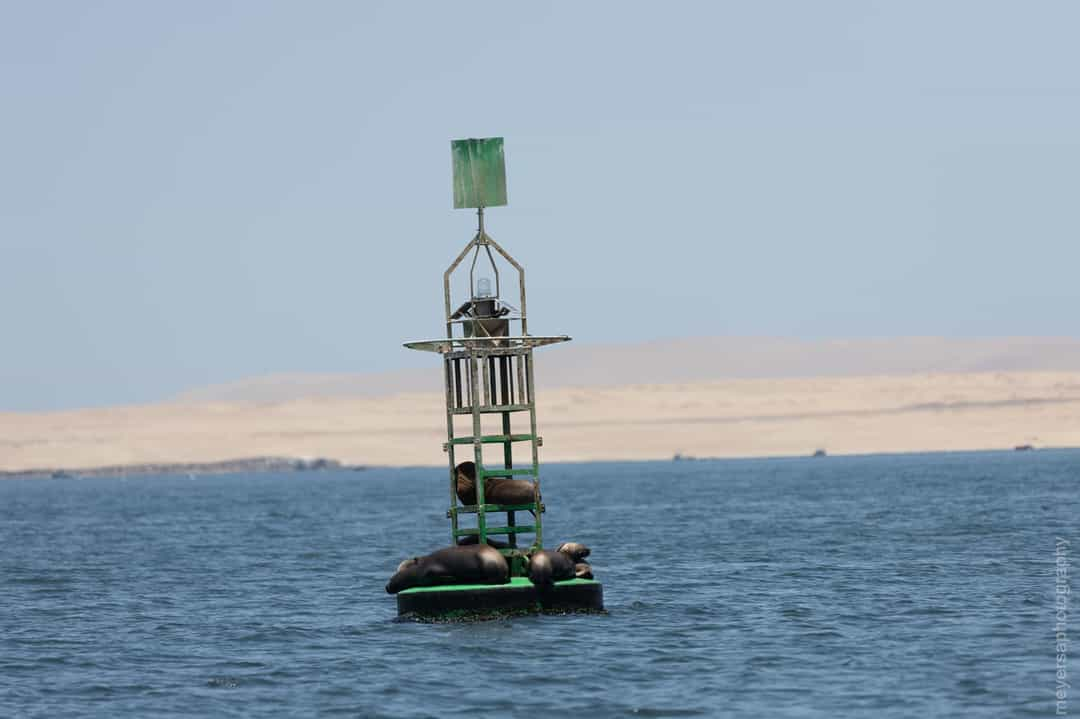
Ica
Nestled amid vast desert, Ica is a surprising oasis surrounded by towering sand dunes. The landscape feels almost otherworldly. We visited Huacachina, a small lagoon resort built around a natural spring. Dune buggies raced over the sand in thrilling loops, and we even had the chance to try sandboarding down the steep slopes.
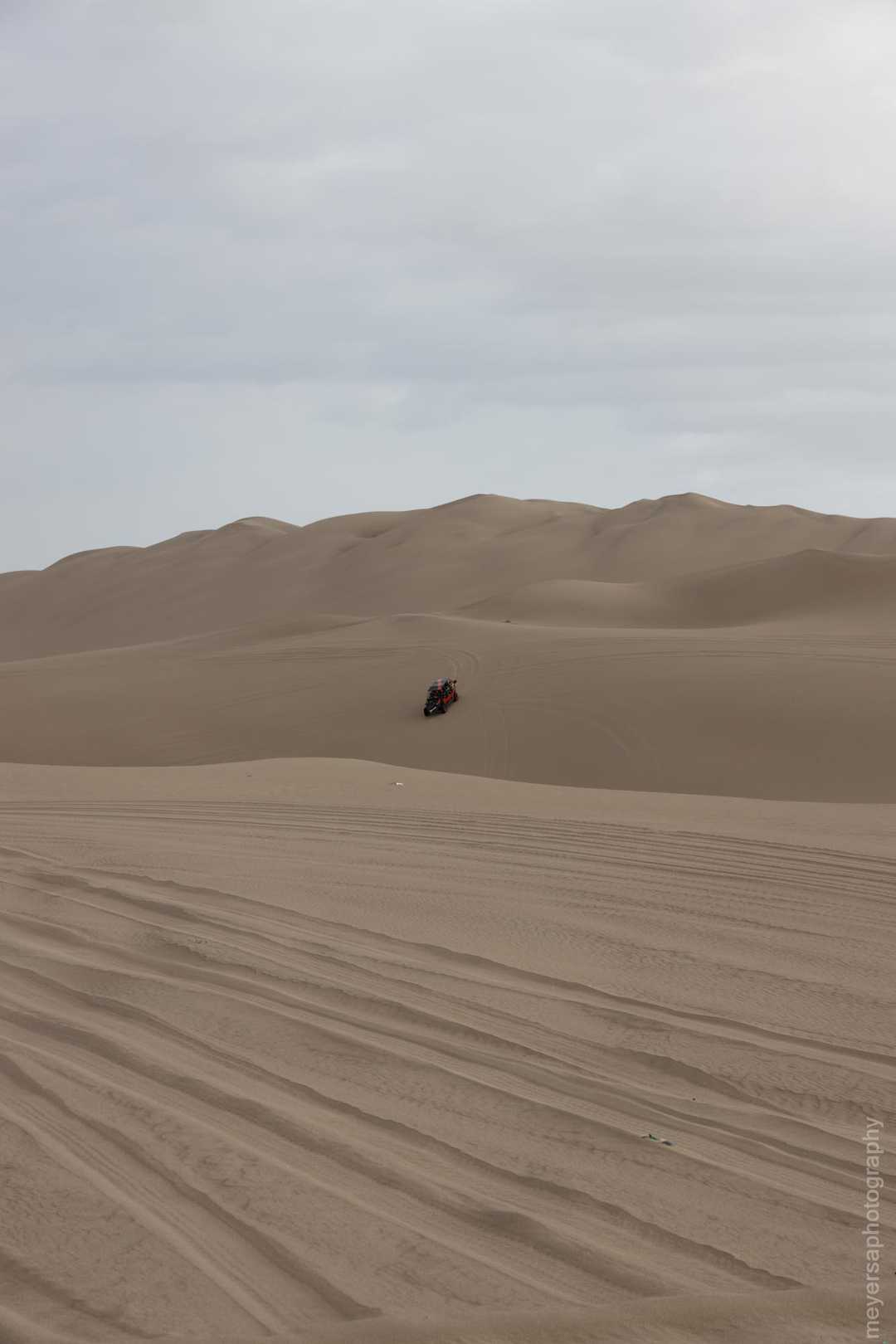
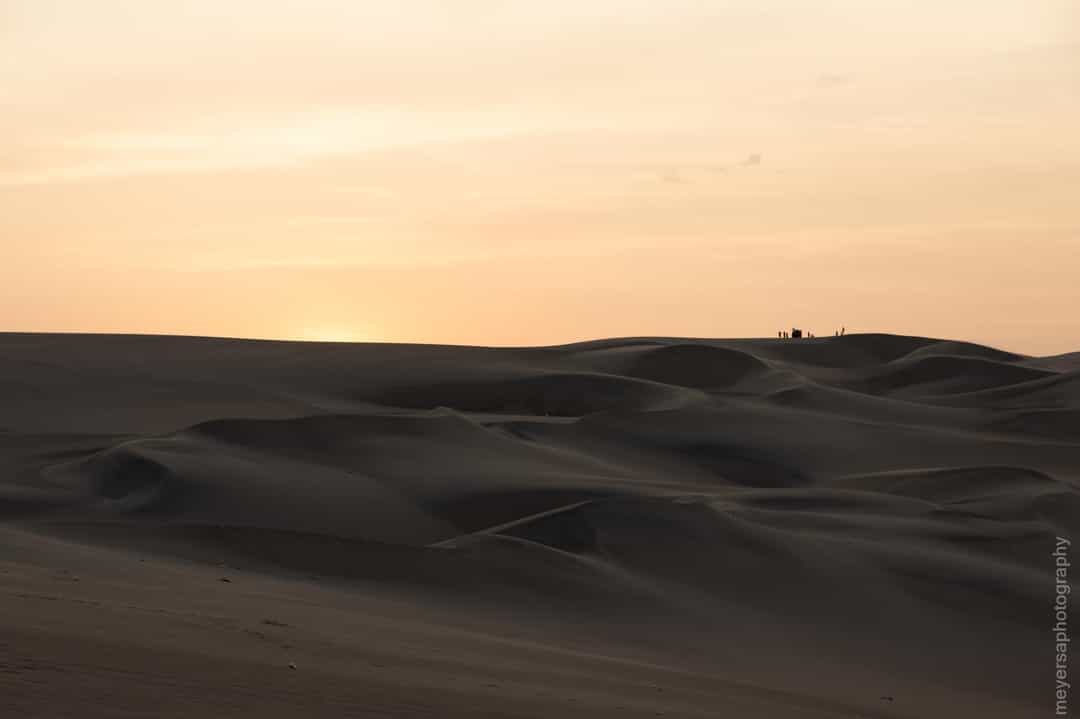
Cusco
Situated at over 14,000 feet, Cusco is the former capital of the Inca Empire and remains a historical and cultural hub. Its cobbled streets and terracotta rooftops are framed by surrounding Andean peaks. Walking its steep alleys is both breathtaking and literally breath-taking due to the altitude.
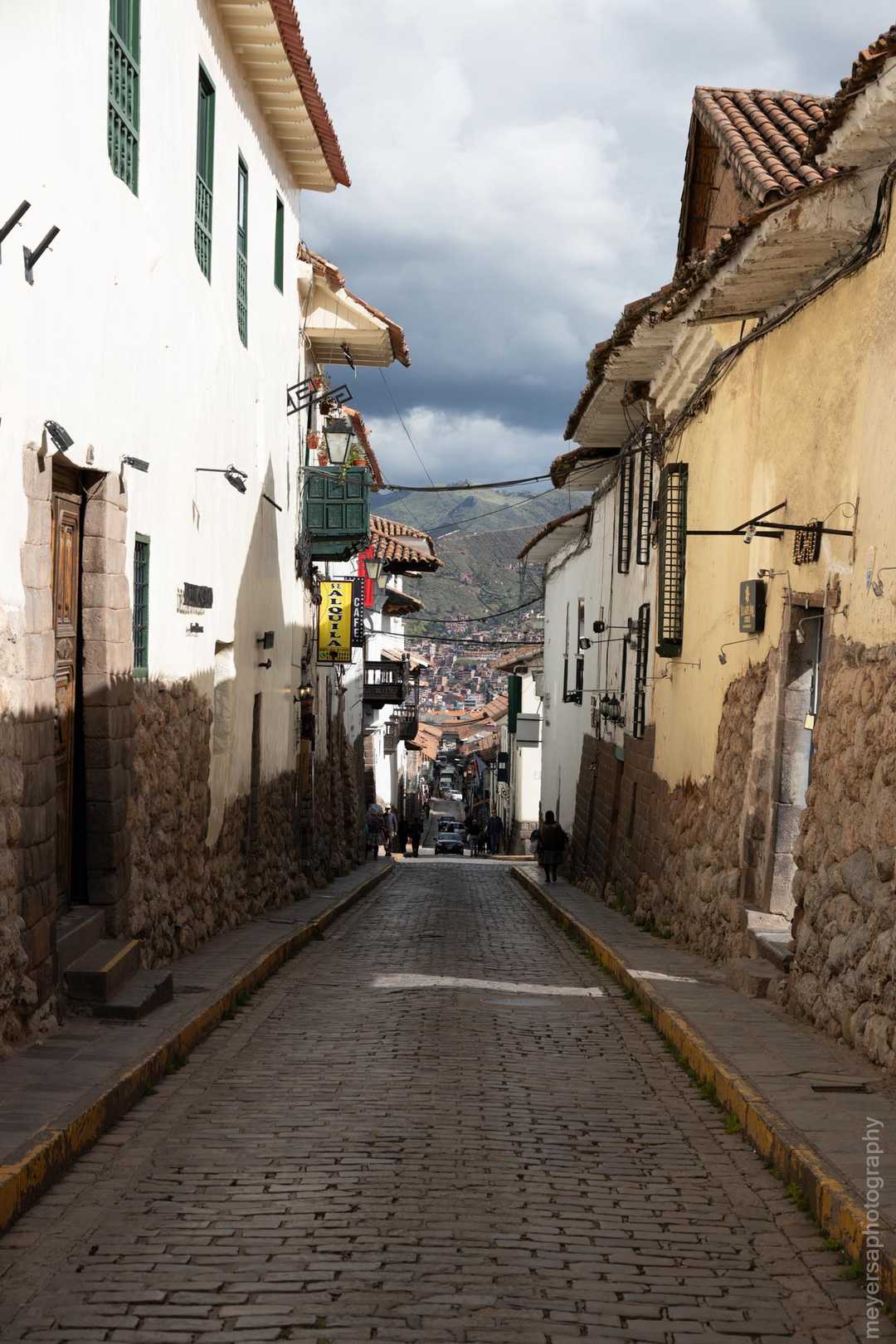
The San Pedro Market offered a sensory overload—from local cheeses and fruits to rows of vividly colored pepper sauces. The energy of the market reflects the spirit of the city.
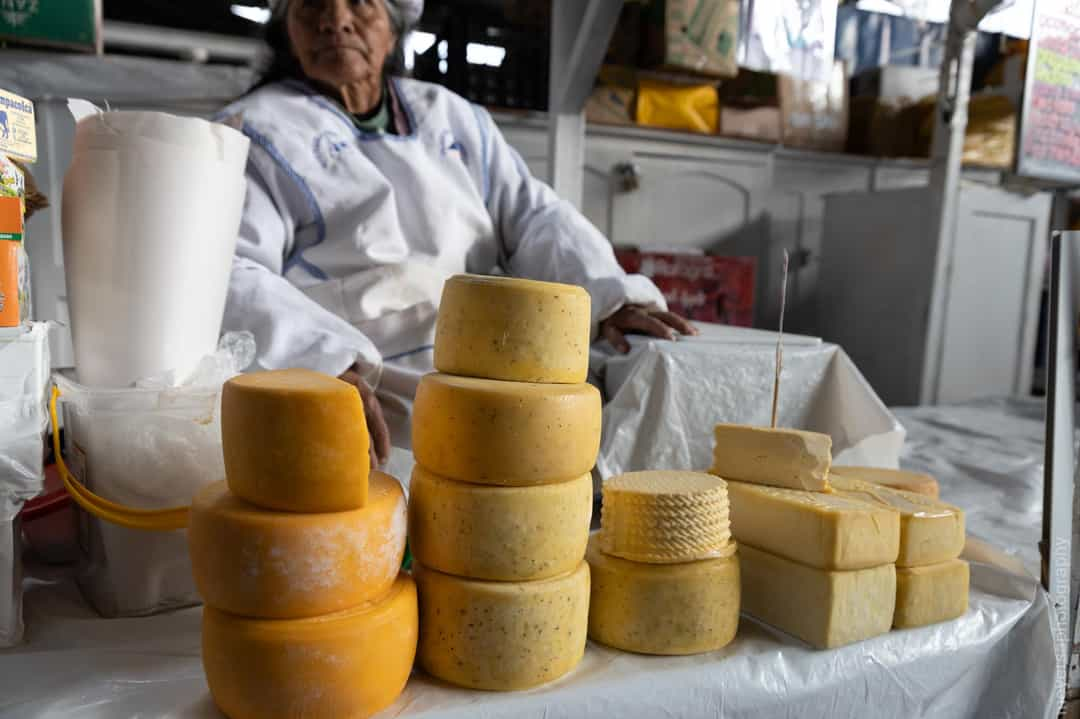
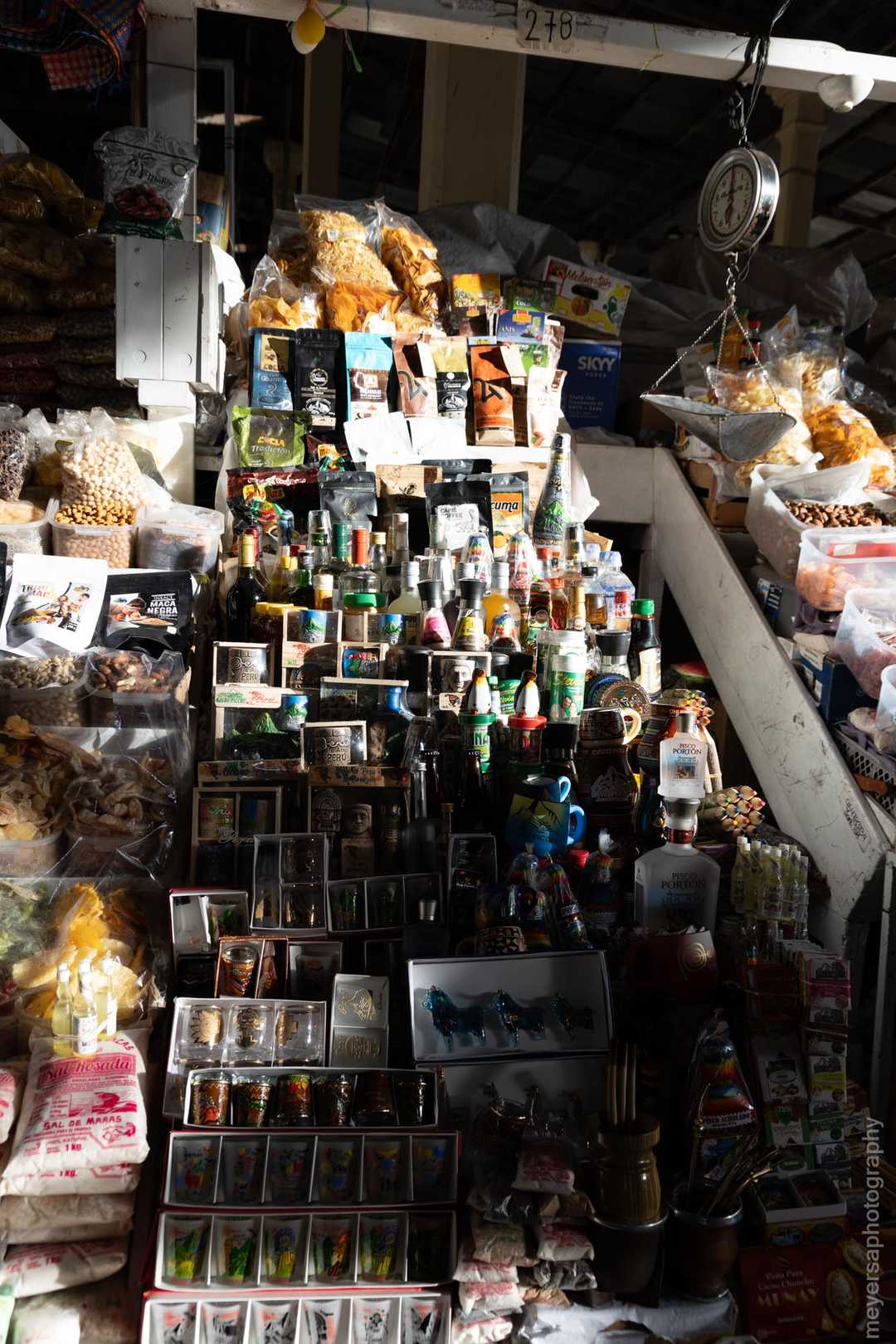
Sacred Valley
Stretching between Cusco and Machu Picchu, the Sacred Valley is a lush region of fertile farmland, small villages, and ancient ruins nestled between dramatic mountain ranges.
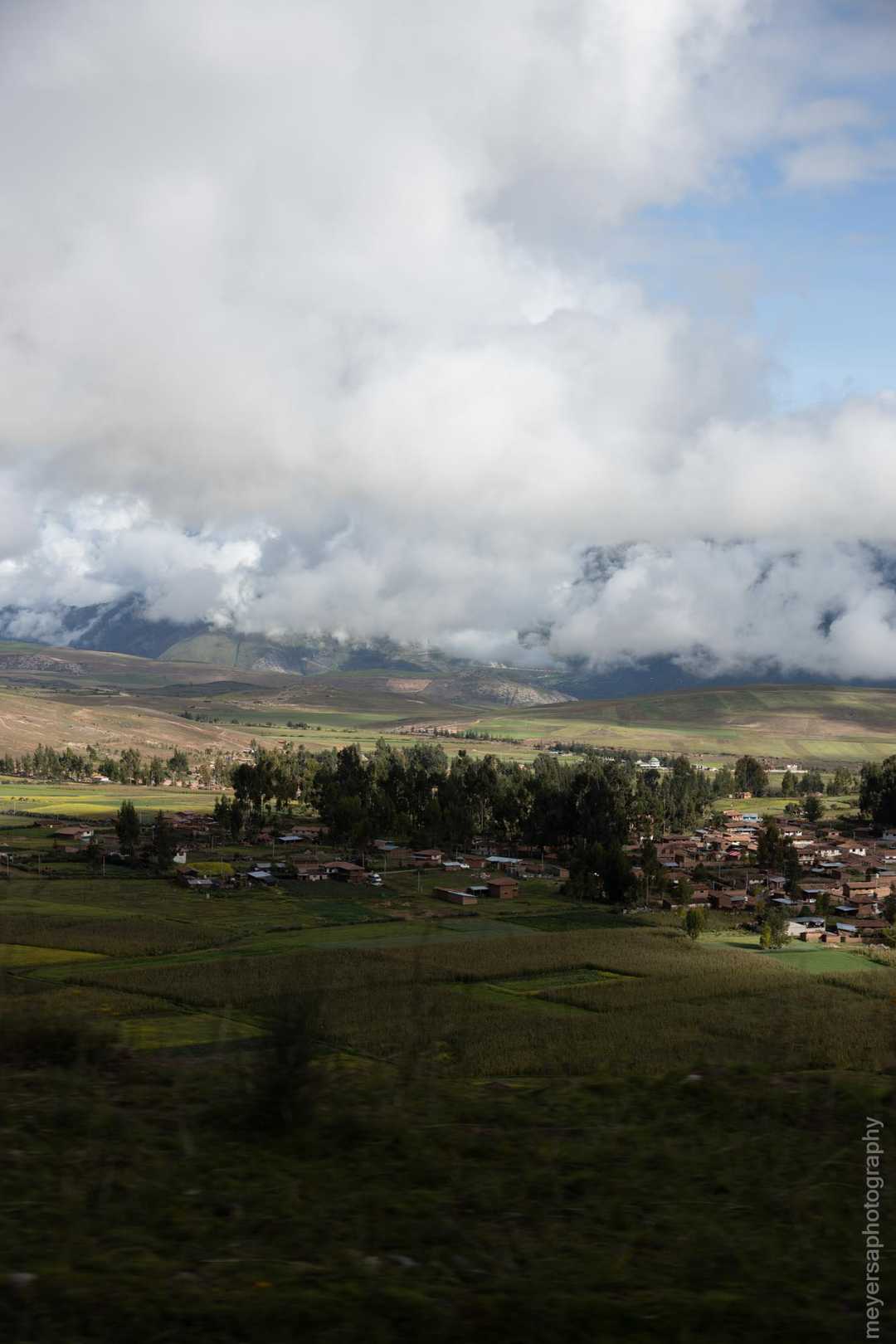
One particularly fascinating site was Moray, a set of circular terraces believed to have been used by the Incas as an agricultural research station. The temperature difference between levels allowed them to simulate different climates.

Nearby, the Maras salt mines reveal a centuries-old system of salt extraction. Thousands of shallow pools cascade down a hillside, each filled with mineral-rich spring water that evaporates under the sun, leaving behind shimmering white salt.
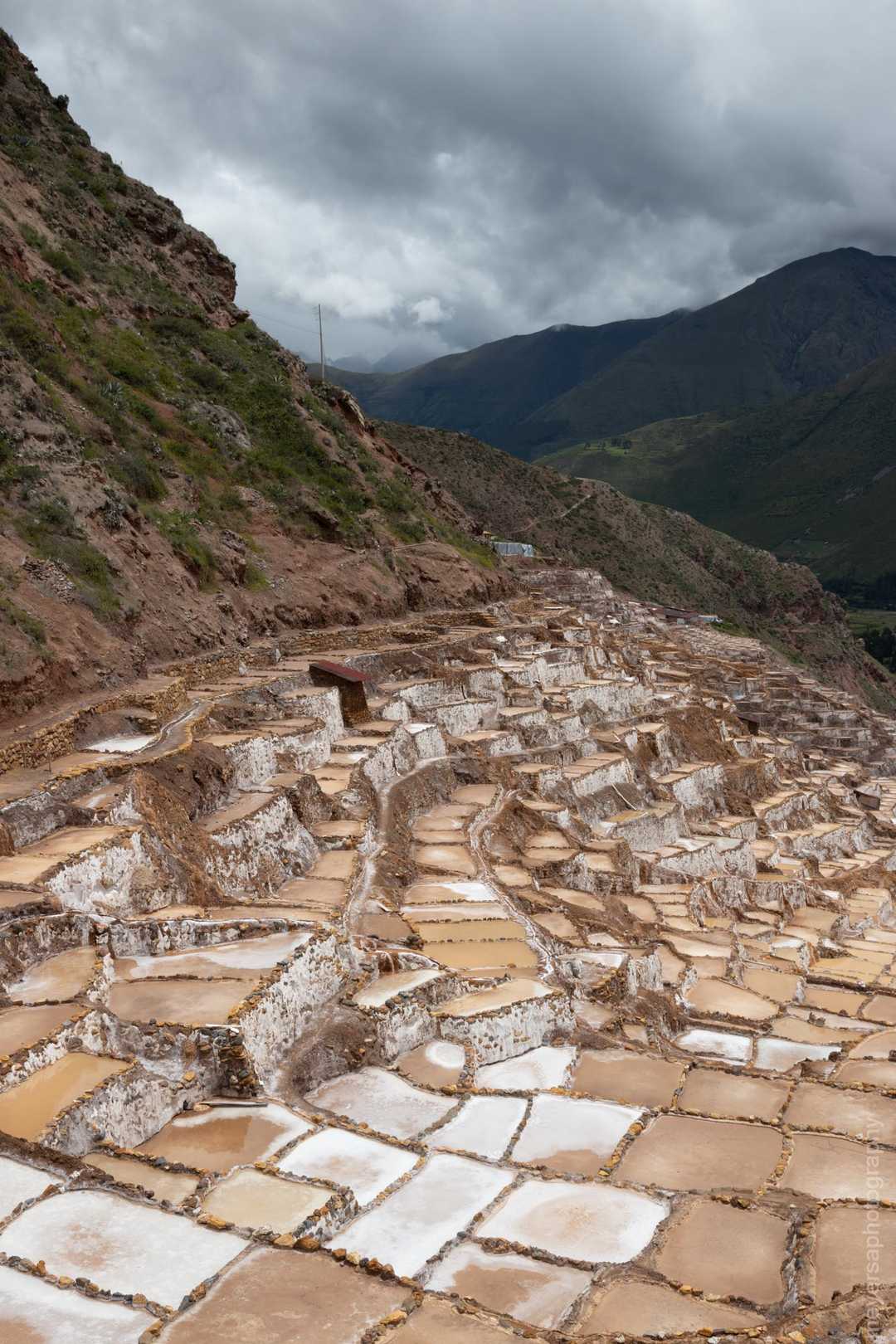
Machu Picchu
From the town of Ollantaytambo, we boarded the scenic PeruRail train that follows the Urubamba River deep into the Andes.
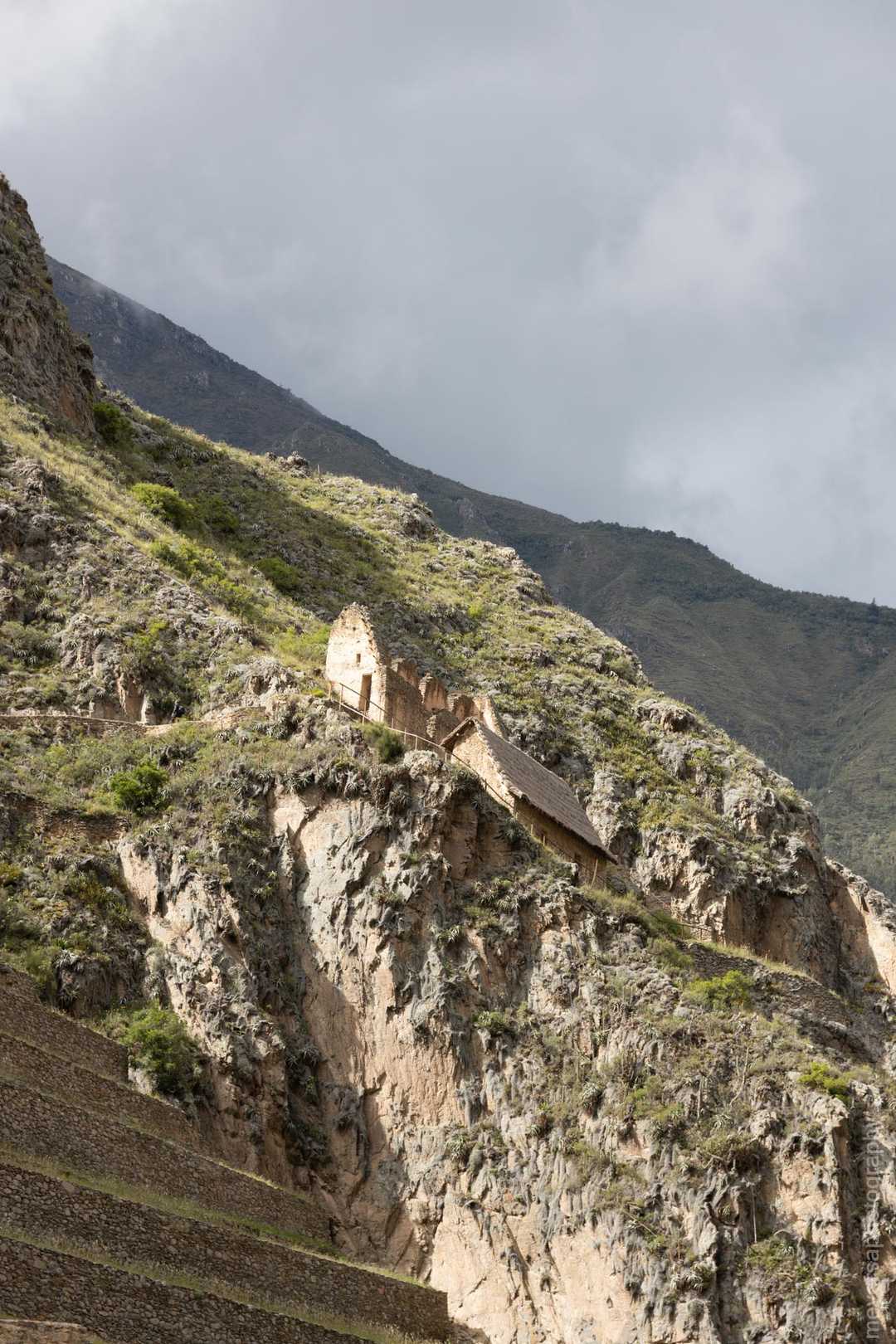
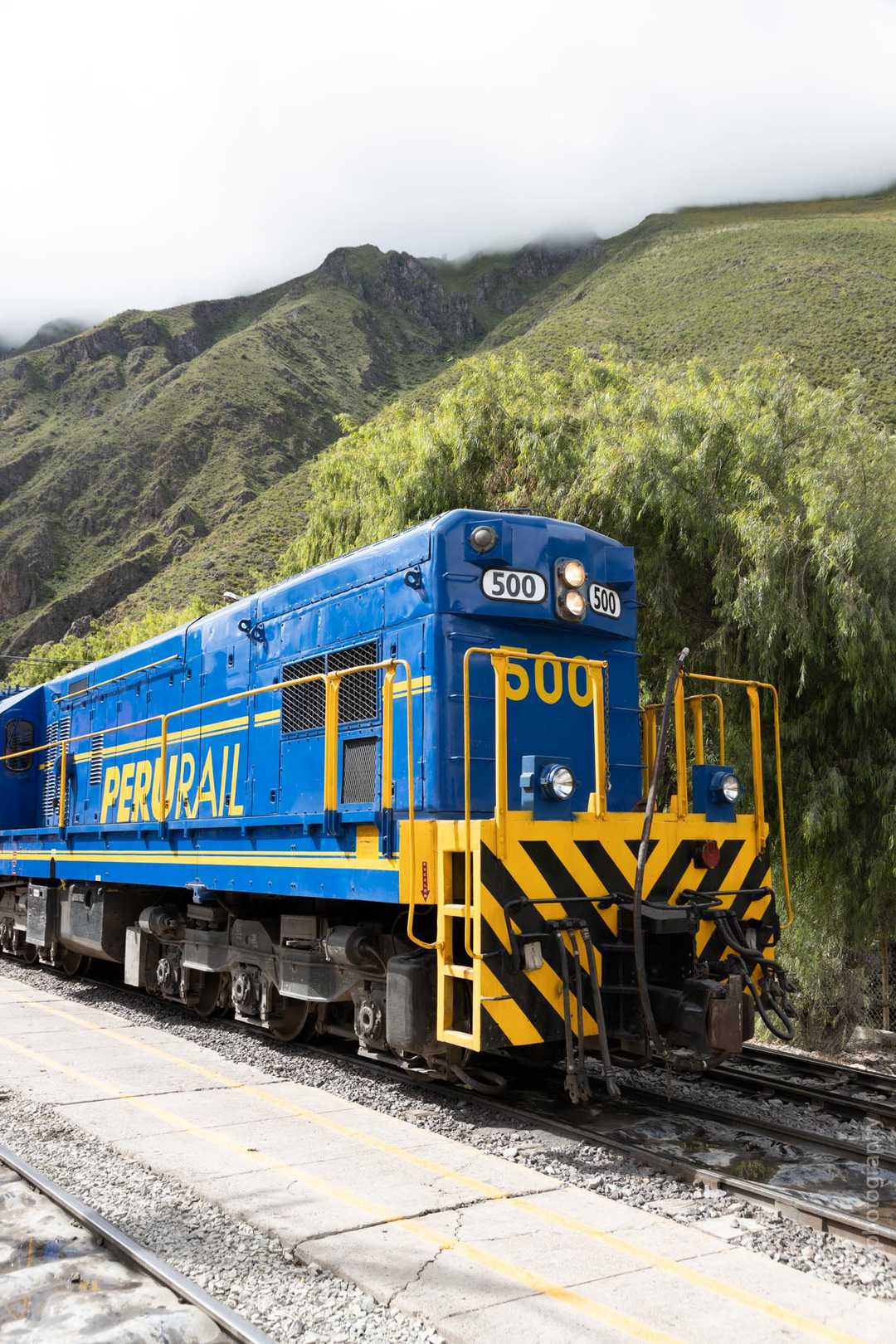
Machu Picchu itself was everything expected and more—a surreal mountaintop citadel shrouded in mist. The stonework remains as impressive as its location. While exploring the terraces, we even spotted a wild chinchilla basking in the sun.
